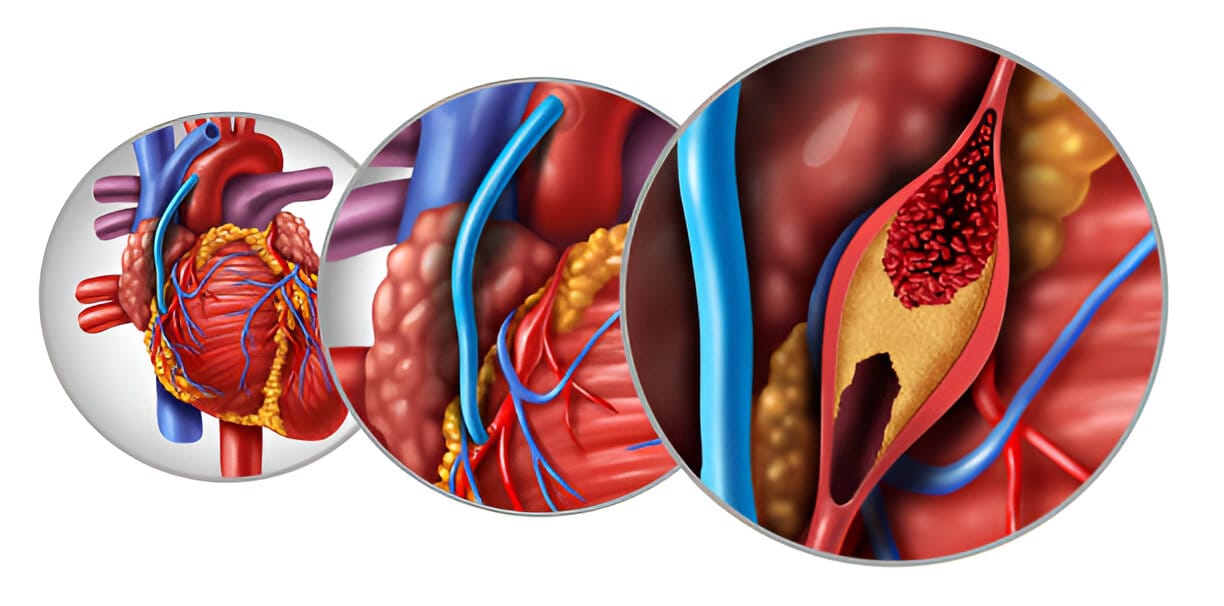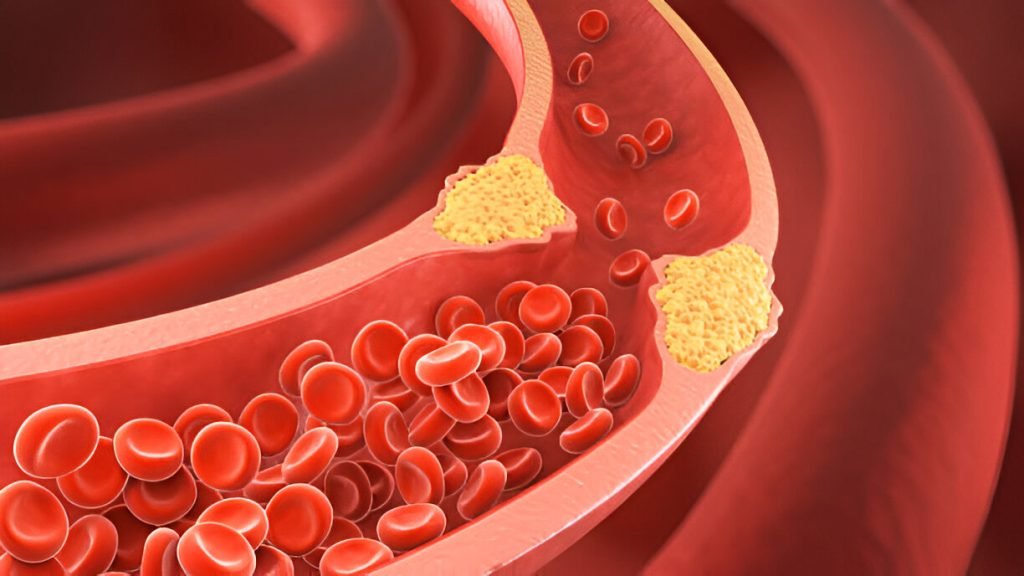Treatments

Imagine your heart as a busy highway with blood vessels that carry life-giving oxygen and nutrients. Sometimes, these roads can get blocked, causing traffic jams that slow down your heart’s work. Bypass surgery is like building new pathways to keep the traffic flowing smoothly again, it’s an alternate route when the main road is blocked.
In your heart, when the main blood vessels (arteries) that supply oxygen-rich blood to your heart muscles are blocked, surgeons create new pathways using healthy blood vessels taken from other parts of your body. These new pathways bypass the blockages, ensuring that blood flows smoothly to your heart.
When the blood vessels around your heart get clogged with fatty deposits, called plaque, it can make it hard for blood to reach your heart muscles. This can lead to chest pain or even heart attacks. Bypass surgery is done when these blockages are severe and medicines or other treatments can’t fix them. It’s a way to help your heart get the blood it needs to keep you healthy.

Before the surgery, you’ll be given medicine to help you relax and sleep. The surgeon will make a small incision in your chest to access your heart. You might need a heart-lung machine that temporarily takes over the work of your heart while the surgery is being done. This keeps your blood flowing and your body supplied with oxygen.
After the surgery, you’ll spend time in a special recovery area. Nurses and doctors will keep an eye on your heart, making sure everything is going smoothly. You might stay in the hospital for a few days to make sure you’re healing well. Once you’re home, it’s important to follow the doctor’s instructions for a smooth recovery.
The procedure is a safe and simple way to get your heart working back at an optimal level and restore your health and vitality.